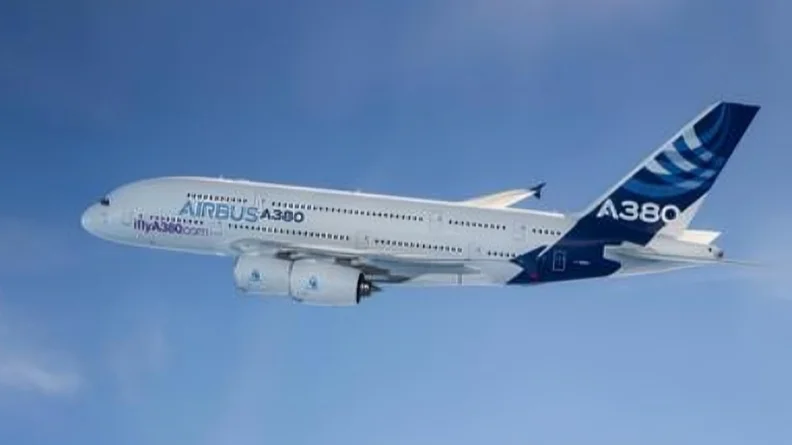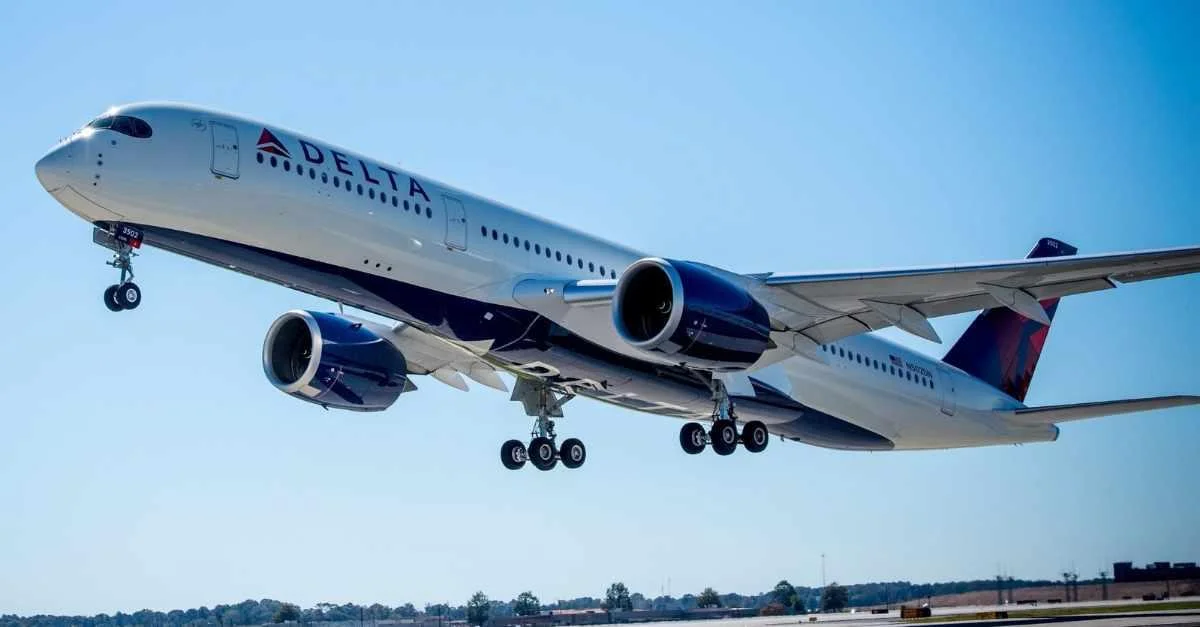The Automatic Ground Collision Avoidance System (Auto-GCAS) is a technology designed to prevent aircraft from colliding with the ground, particularly when pilots lose control during high-g maneuvers. Such incidents, known as controlled flight into terrain (CFIT), can occur when pilots experience gravity-induced loss of consciousness (G-LOC), leading to potential crashes.
Military aircraft, especially fighter jets, have historically faced higher crash rates than civilian planes due to their operational demands. However, advancements like Auto-GCAS have significantly improved safety by reducing avoidable accidents. "No action is required by the pilot, though the system does have a pilot override function," according to Lockheed Martin.
Auto-GCAS functions by using inputs from aircraft location and terrain mapping to assess collision risks. If a collision is imminent and the pilot does not respond to warnings, the system autonomously maneuvers the aircraft away from danger. As Lockheed Martin describes it, "If the system predicts an imminent collision, an autonomous avoidance maneuver—a roll to wings-level and +5g pull—is commanded at the last instance to prevent ground impact."
 Alerts Sign-up
Alerts Sign-up




































